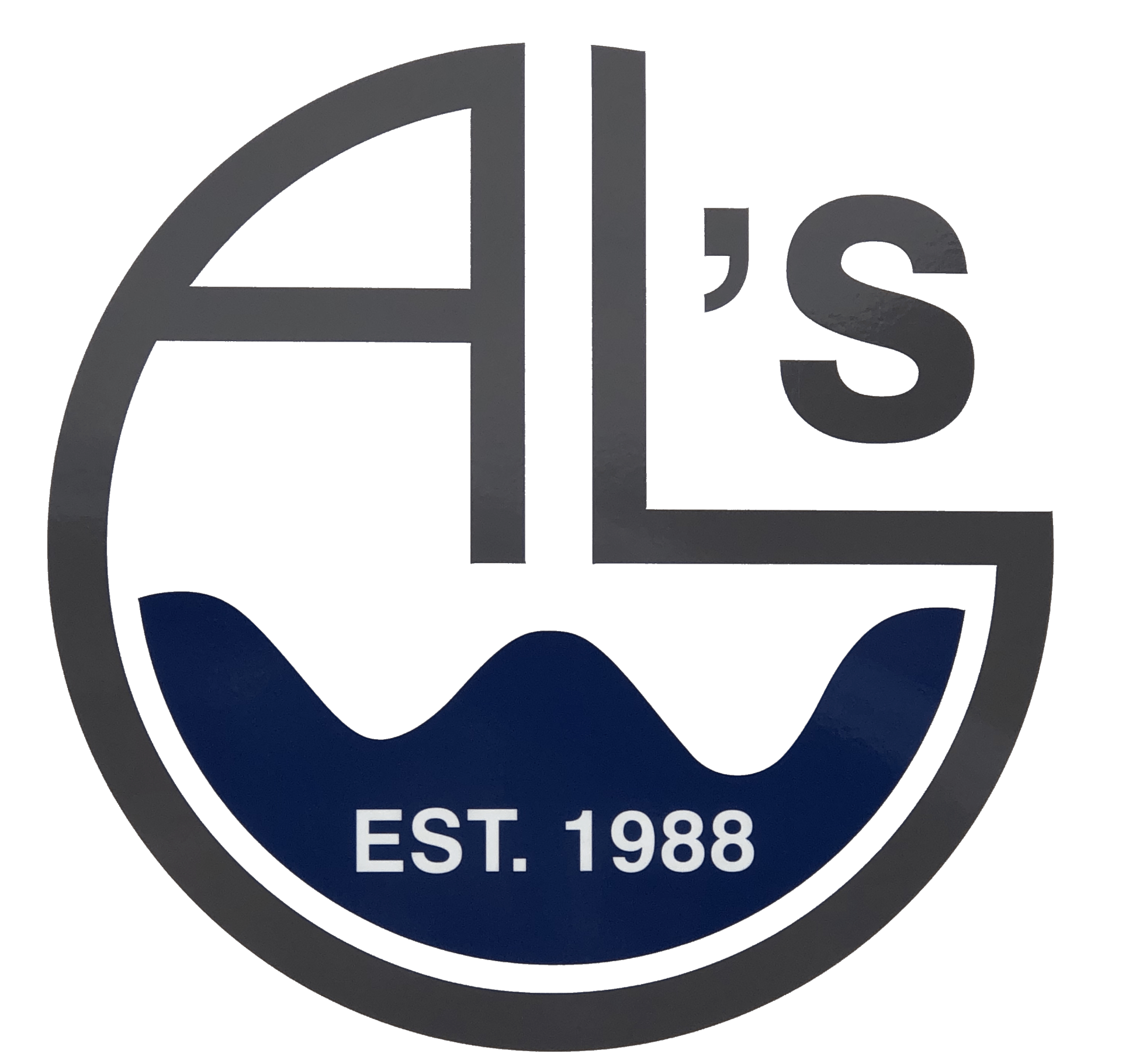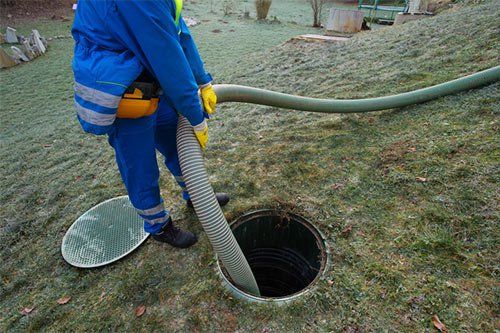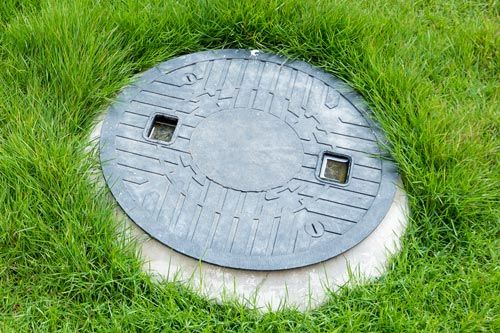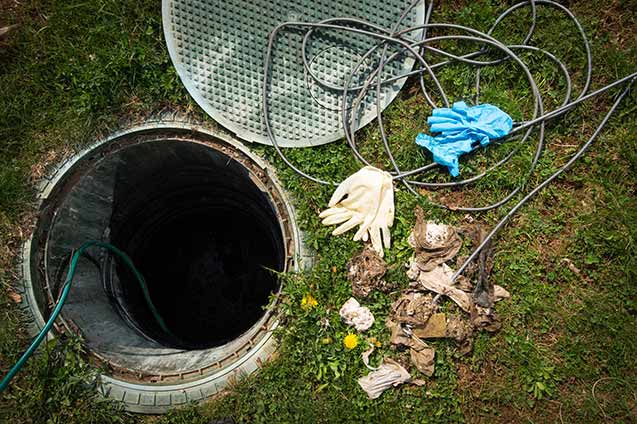Everything You Need to Know About Septic Tank Cleaning
- By Admin
- •
- 16 Apr, 2019
- •
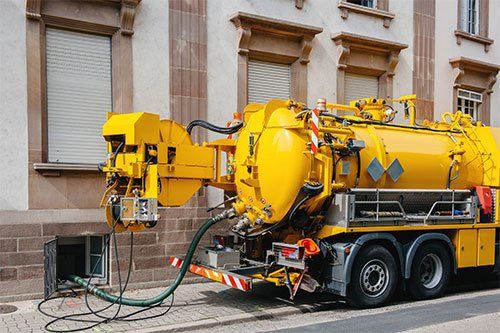
Septic tanks are tanks that can be connected to a home's plumbing system. They are often used in rural areas where public sewer lines are not installed or in use. If you have a septic tank, make sure to keep the tank cleaned by having it pumped routinely. Here is everything you need to know about keeping your tank cleaned.
Why Do You Need to Clean a Septic Tank?
When you flush a toilet in your home, use water to take a shower, or run the washing machine, the used water and waste are transported to your septic tank. The septic tank is designed so that liquid, such as water, can be carried out of the tank to a drain field. But waste sinks to the bottom of the tank and remains.
As the waste begins to breakdown, it turns into a slime or sludge-like material. Pumping the tank removes this sludge material, preventing your tank from getting so full that it cannot function or it overflows into your yard.
Can You Clean a Septic Tank Yourself?
Technically, you can clean a septic tank yourself. However, professionals do not recommend that you do so. Cleaning a septic tank is a challenging and laborious process. If done incorrectly, you can damage your tank, improperly dispose of waste, or fail to remove all of the waste from the tank.
You should hire a professional to clean your septic tank for many reasons. A professional can quickly and easily locate your tank and unearth it. A professional has the tools needed to properly pump your tank. A professional also has the knowledge and training to remove all of the waste from your tank and dispose of it properly.
How Frequently Does Your Tank Need to Be Cleaned?
You need to have your septic tank routinely pumped to keep it clean. This may leave you wondering how often your tank needs to be pumped.
Different factors affect the frequency in which your tank needs to be pumped, such as the size of the tank, the size of your home, the number of people living there, the amount of waste your household products, and whether you use enzymes or bacteria in your tank.
A septic tank professional can estimate how frequently your tank should be pumped based on these factors.
How Do You Know When Your Tank Is Due for Cleaning?
In addition to a septic professional providing you with an estimated pumping schedule, your tank may also provide you with signs that the tank is due to be cleaned.
When your tank needs to be pumped, water may begin to drain slowly from your home. You may notice water puddling around your feet in the shower or sink water slowly draining away when doing the dishes.
Another sign that your septic tank needs to be pumped is odors. When your tank is full, odors may be present. These odors may be present in the yard around the tank, or smells can travel through the pipes into your home, and you may smell odors near your drains.
Finally, if your tank is overdue for pumping, your tank may begin to overflow. When this occurs, you will see puddles or pooling water and waste in your yard around the septic tank. Make sure you know where your tank is located so you can keep an eye on any standing water in the area.
Is your septic tank due to be cleaned? At Al's Septic Tank Service, serving the greater Pauline, SC area, we can help you with all of your septic tank needs, including cleaning, inspections, maintenance, and repairs. Contact us today to schedule your appointment.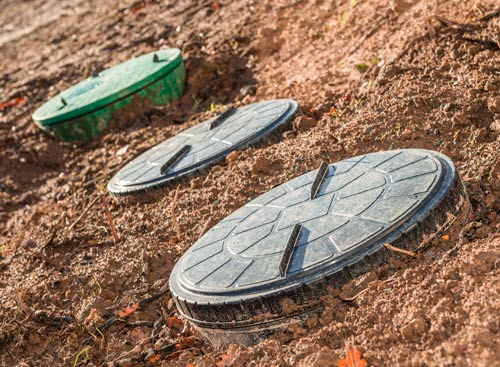
Your septic tank is capable of breaking down some waste and debris. However, over time, excess waste and debris may build up faster than the septic system can break it down. This excess buildup can lead to a backed-up tank that can affect your home and yard. Thankfully, pumping your septic tank can improve the system's function. Here are three signs professionalsneed to pump your septic tank.
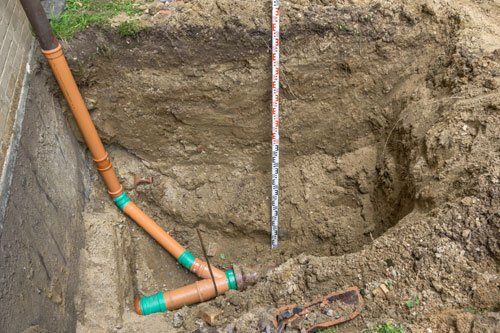

Here is some important information about water conservation and your septic system – including tips to help you reduce your water usage.
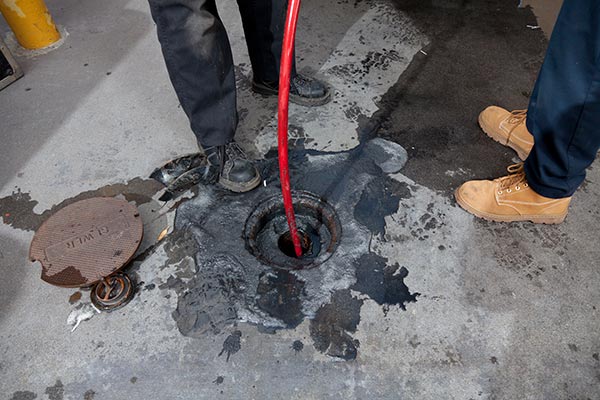
Here are four of the most common septic system owner mistakes that you need to avoid.

Here are some guidelines for writing a professional post:

Use the blog to tell a story, share information and knowledge, help your customers and drive traffic to your site. Your work on the blog will advance your site in search engines and bring new visitors who find your input useful.
A blog is based on posts (just like this one). Posts are the building blocks of the blog. All blog elements take their content dynamically from the posts you create.
The blog elements include:
